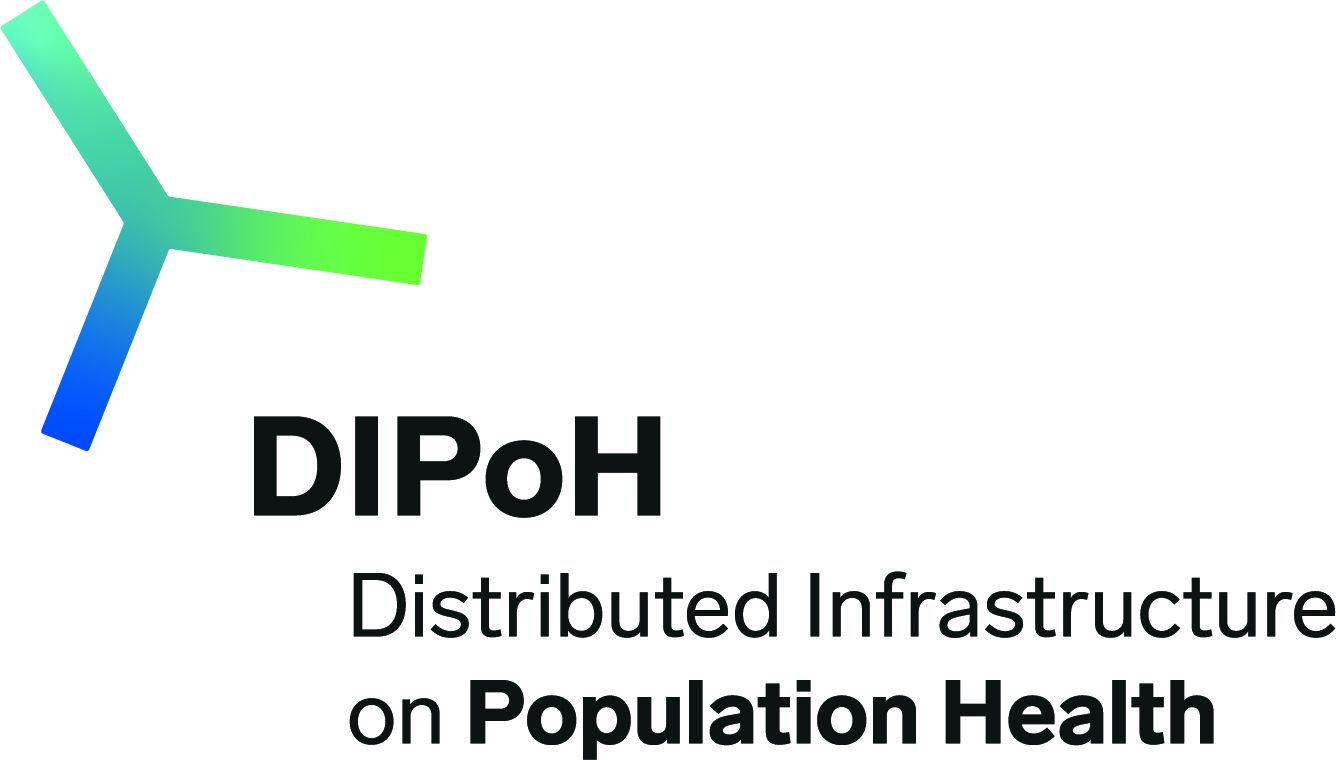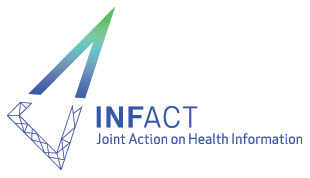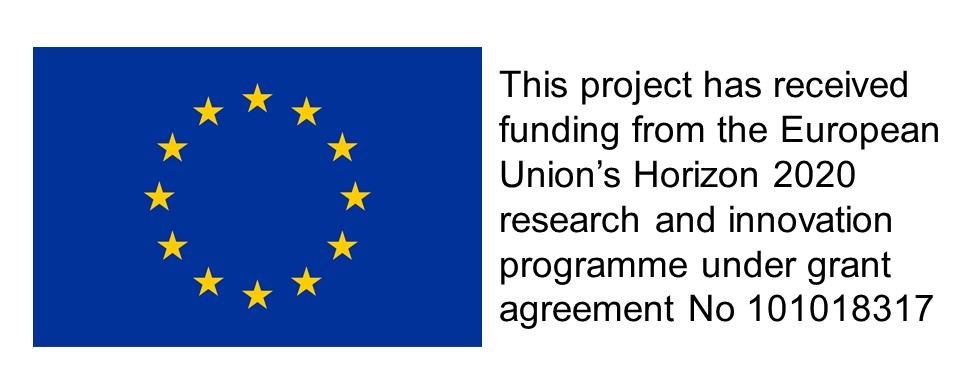National Node Description
The Austrian National Public Health Institute (Gesundheit Österreich GmbH, GÖG) is the institution responsible for researching and planning public healthcare in Austria, and also acts as the national competence and funding centre for the promotion of health. Set up by federal law on 1 August 2006, GÖG has the federal government as its sole shareholder, represented by the Ministry of Social Affairs, Health, Care and Consumer Protection. It is a public non-profit limited liability company fully owned by the Republic of Austriam, organised in three business units.
ÖBIG - Österreichisches Bundesinstitut für Gesundheitswesen: The Austrian National Institute for Health Services Research, founded in 1973. It analyses data, provides comprehensive information in the field of public health policy, and facilitates reform and innovation processes.
BIQG - Bundesinstitut für Qualität im Gesundheitswesen: The Austrian National Institute for Quality in Health Care was founded in 2007 (Act on Healthcare Quality). It develops standards, maintain registries, evaluates the quality of healthcare interventions and provides information and decision support to promote high quality healthcare in Austria.
FGÖ - Fonds Gesundes Österreich: The Austrian Health Promotion Fund was founded in 1998 (Health Promotion Act). It promotes health and support initiatives to establish and improve knowledge, competences, and networks by granting financial assistance and offering guidance.




